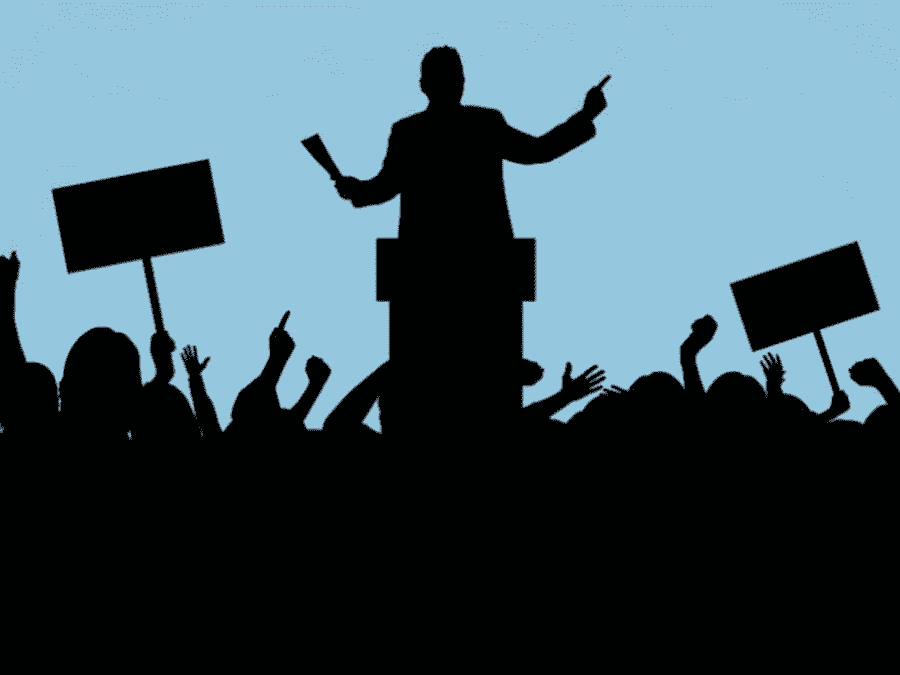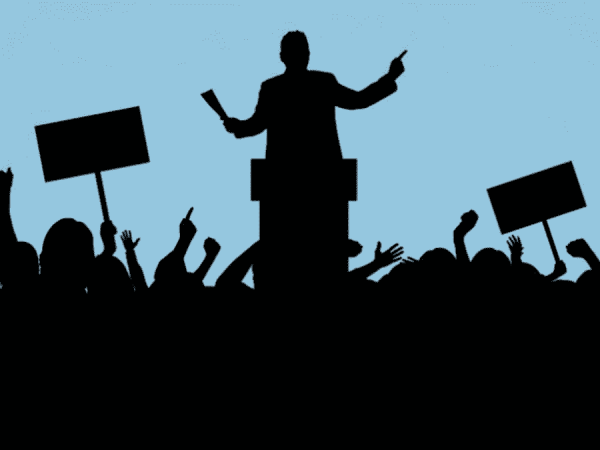Once, my father, a savant airline pilot until his death, would tell me a story about the Franco-Vietnamese battle at Dien Bien Phu. While the implication of that battle precipitated the Vietnam War, the import of that story, even though I didn’t always agree with my dad, was never lost on me.
Read more about Politics
Ho Chi Minh, like Vladimir Lenin, and much later, Ghana’s Kwame Nkrumah, initiated movements that would upend the prevailing social orders in their respective countries through writing. The Viet Minh obliterated the French like the Bolsheviks ended the Russian monarchy. In Nkrumah’s revolution, however, supplanting the name Gold Coast with Ghana was sufficient.
The other moral to draw is the not-so-savoury consensus that threads the biographies of these three men together. They were socialists. As indifferent as I suspect many of my readers might be to socialism, it was a voice of political and economic dissent in the yesteryear, like Al Jazeerah or Fox News might be to CNN, depending on where you live on the planet.
This moral about Lenin, Minh and Nkrumah being willing to go against the grain despite the shortcomings of their political philosophies, might be applauded because it challenged the groupthink of Western idealism. In Nigeria, such ideologues may have been afforded us with Nnamdi Azikiwe, Obafemi Awolowo, or Chinua Achebe as head of government. Yet, Zik, Awo and Achebe will forever remain great prime ministers and presidents that Nigeria never had, which makes me think they didn’t do enough.
Sign up for the Connect Nigeria daily newsletter
To skin a cat, there is more than one way. To skim power, there is but one way. And in the annals of Nigeria’s precarious history, only one man has ever put into words and action this seemingly coveted knowledge.
What am I saying? “Power is not served a la carte…it must be grabbed, snatched at all costs.” We learned this important lesson, albeit in part, from a man who today, presides over the most populous Black country on earth.
It is not the man, his proclivities, or his methods that matter. It is the principle. And, agree with him or not, power is about contestation. As South African entrepreneur, Vusi Thembekwayo has said in the case of the youth, “African youth must fight for and seize power”. And they must do it within the ambits of the law. He understands the language of power. My case, however, is with the diasporic Nigerians.
Whether this preachment would reach the recesses of Nigerian souls in the diaspora, I do not know. Yet, Lenin, Minh and Nkrumah had the same hallowed perspective that Nigerians like Dr. Ngozi Okonjo-Iweala, Dr. Akinwumi Adesina and Amina J. Mohammed have had about Nigeria’s glorious potential. They have worked for Nigeria. They know the numbers and the resources needed. But they have all stopped short of one thing, in my unsolicited opinion. They have demurred at an aptitude for the language of power.
Register to attend the CN Business Mixer
The language of power, “get it at all costs,” applies to political kingpins, dilettantes, thinkers and anyone who dreams of a better Nigeria. The seeds are being sown but ultimately, it is up to us to take action. As Dr Nkrumah once said, “Revolutions are brought about by men, by men who think as men of action and act as men of thought.”
Source: |Thembekwayo, Vusi. “African Youth Must Fight For, Seize Power.” YouTube https://youtu.be/5W6Eu3c2ogg?si=zaNwyUERwWlF1eQq
Got a suggestion? Contact us: [email protected]


